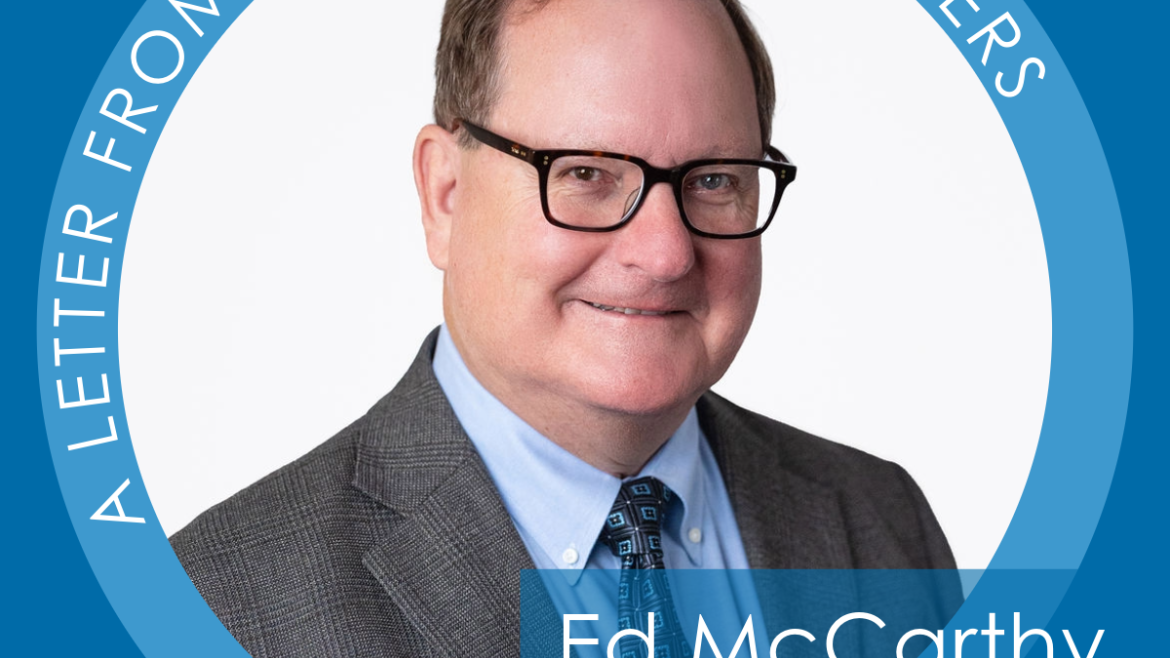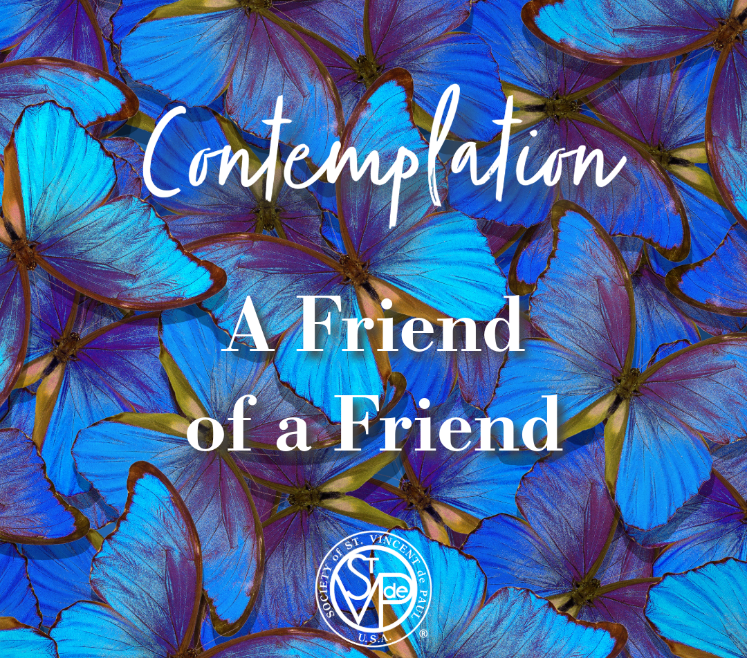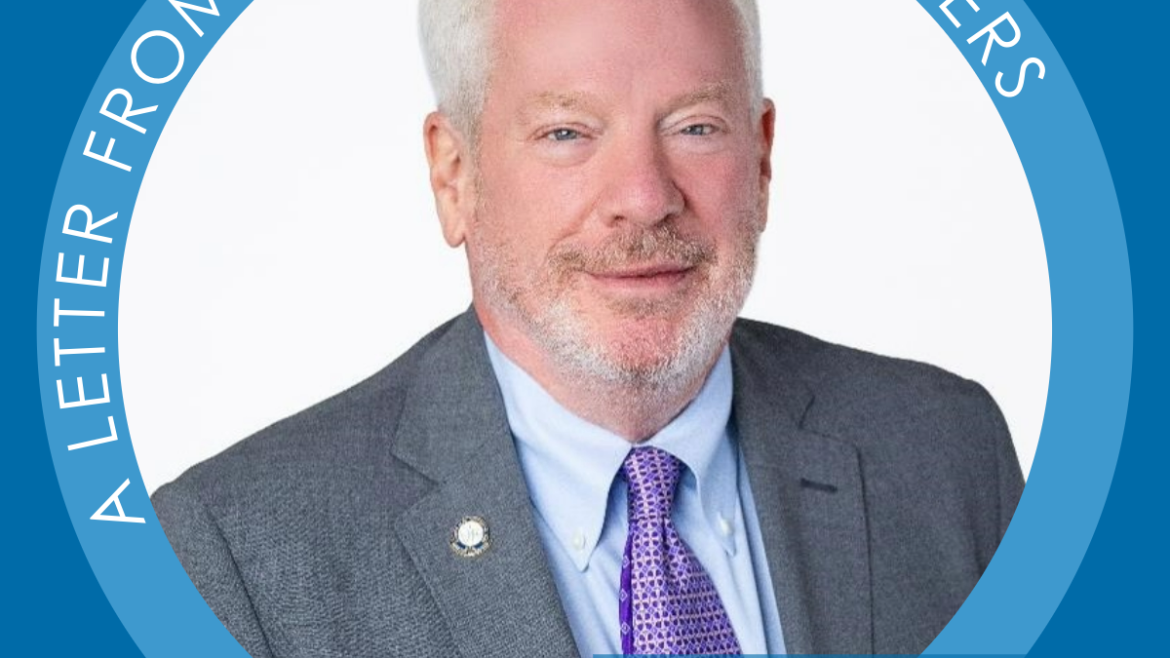The VisionSVdP Prayer
Come, Holy Spirit, open our eyes, our hearts, and our imaginations to Your inspiration as we embark on our VisionSVdP journey and seek to discern the Father’s holy will for the Society of St. Vincent de Paul and how it will adapt to a changing world.
Come, Holy Spirit, transform our doubts, ignite our zeal. Help us discern new and innovative ways to bring more people into the joy of service in the Society of St. Vincent de Paul.
Come, Holy Spirit, grant us the simplicity to share honestly with each other, the humility to serve a mission greater than ourselves, and the gentleness to listen to each other without judgment.
Amen
Oración de la VisiónSVdP
Ven, Espíritu Santo, abre nuestros ojos, nuestros corazones y nuestra imaginación a Tu inspiración Divina mientras nos embarcamos en nuestro viaje hacia la VisiónSVdP y lograr discernir en la santa voluntad del Padre, en cómo se adaptará la Sociedad de San Vicente de Paúl a un mundo cambiante.
Ven, Espíritu Santo, transforma nuestras dudas, ilumina nuestro fervor. Ayúdanos a discernir con formas nuevas e innovadoras de llevar a más personas a la alegría del servicio en la Sociedad de San Vicente de Paúl.
Ven, Espíritu Santo, concédenos la sencillez de compartir honestamente los unos con los otros; la humildad para servir a una misión más grande que nosotros mismos; y la gracia de escucharnos unos a otros sin juzgarnos.
Amén











